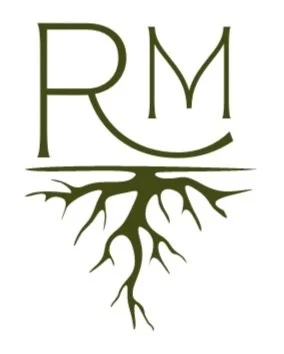Why Encapsulation?
Honoring the birthing body and the effort, time, and energy it invests in growing an entirely new life takes many forms around the world. Many mammals in the animal kingdom consume their raw placentas post-birth to protect their nest and newborns. Additionally, new research suggests that amniotic fluid may contain molecules that enhance opioid analgesia, providing pain relief during childbirth and postpartum. In Indigenous Maori and Navajo cultures, the placenta is buried in the ground to give it back to Mother Earth. In Central India, it is believed that consuming the placenta aids in reproductive function. In the Maremma region of Italy, it was once common to add the placenta to a new mother’s food without her knowledge to promote breastmilk production.
In American culture, consuming the placenta is a growing practice. However, modernization stemming from a colonized history has led to a prejudiced healthcare system that seems to prevent further study into this naturopathic approach. There is limited medical research demonstrating the benefits of placentophagy, but there is evidence showing the nutrients the placenta carries, as well as anecdotal reports suggesting numerous potential benefits.
Many who consume their placenta anecdotally report feeling more balanced and energized. Those who consumed it after previous pregnancies reported feeling less sadness compared to their first births when they didn’t consume their placenta.
Some lactating individuals anecdotally reported feeling confident in having an increased, consistent milk supply, while others noted that their milk came in faster than it did after prior births.
Additionally, consuming the placenta may help postpartum individuals combat fatigue, which can be attributed to iron loss through blood loss post-birth. One study showed a 25% improvement in depression and stress after taking iron supplements in previously iron-deficient women. On average, placentas contain 75.5 mg of iron per 100 g, and the average placenta weighs approximately 450 g.
The placenta also contains many essential nutrients that support the well-being of postpartum individuals, such as sodium, phosphorus, and potassium.
Submit a request.
This service costs $300, plus a $25 travel fee for the placenta pick-up, drop-off of the capsules, and an additional $50 deposit.
Are you interested in encapsulating your placenta? Fill out this request form and we’ll get back to you within 48 hours!
Check out our FAQs page for more info!
